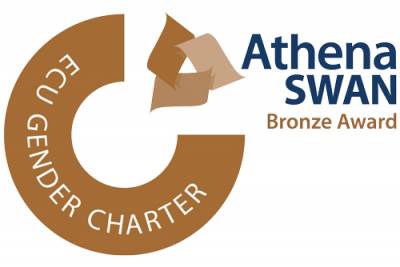UCL is the perfect location for an MA in Classics: the UCL Library (which includes the library of the Institute of Archaeology) is excellent, and also contains a dedicated library of Egyptology. The British Museum and the British Library are both only ten minutes' walk away from UCL; even closer are the University of London Library at Senate House, the library of the Institute of Classical Studies, and the library of the Warburg Institute. MA students enrolled at UCL are automatically members of the Institute of Classical Studies and entitled to use its library, one of the best in the world.
We have a large staff of international experts in Greek and Latin literature, papyrology, ancient history, and classical art and archaeology; all are available to supervise or advise MA students in their research.
General Structure
- In term 1 (October - December) and term 2 (January - March) students take three taught courses (40 credits each).
- All coursework is handed in by June 1st.
- June - September: the student works on a 12,000 word dissertation (60 credits) in collaboration with a supervisor at UCL
- September 15: dissertations are submitted and the programme ends.
- October 15: MA results are announced.
The MA is the perfect springboard for doctoral research in London or elsewhere.
Entry Requirements
To undertake an MA at UCL you normally need a minimum of an upper second-class Honours degree in a relevant discipline (Classics, Classical Civilisation, History, Art, Archaeology, Modern Languages, or Comparative Literature) from a UK university, or an overseas qualification of an equivalent standard (GPA of 3.5 for North American students and 7.5/10 for Greek students). In the case of mature students there is greater flexibility (please get it touch).
For the MA in Classics you will also need Greek or Latin at advanced (typically BA) level. If you do not have the language requirement you may be interested in taking the MA Reception of the Classical World.
 Close
Close



